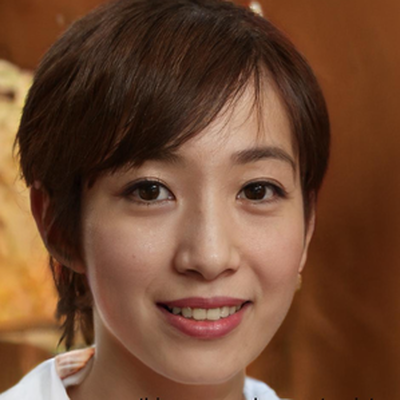Healing the Mother Wound: Navigating the Impact of Maternal Relationships on Adult Well-being
Body
Introduction
Have you ever wondered how our relationship with our mothers shapes our identity and well-being as adults? The mother-child bond is one of the most profound and influential connections we experience in our lives. From the moment we are born, our mothers play a crucial role in our emotional development and overall sense of self. But what happens when this relationship becomes strained or fraught with challenges?
Understanding the Mother Wound
The term "mother wound" refers to the emotional and psychological pain that can arise from a difficult or dysfunctional relationship with one's mother. It encompasses a range of experiences, from neglect and abuse to unmet emotional needs and unrealistic expectations. The mother wound can manifest in various ways, including low self-esteem, difficulties in forming healthy relationships, and a sense of emptiness or longing.
The Impact on Adult Well-being
The impact of the mother wound on adult well-being cannot be understated. Research has shown that unresolved issues with our mothers can have far-reaching consequences, affecting every aspect of our lives. From our self-confidence and ability to trust others to our capacity for intimacy and overall happiness, the mother wound can shape our beliefs, behaviors, and choices.
Navigating the Mother Wound
Healing the mother wound is a deeply personal and individual journey. It requires a willingness to confront and process the pain that may have been buried for years. Here are some strategies that can help navigate this complex terrain:
1. Acknowledge and Validate Your Feelings
The first step in healing the mother wound is to acknowledge and validate your feelings. It is essential to recognize that your emotions are valid and deserving of attention and care. Give yourself permission to feel and express your pain, anger, sadness, or any other emotions that may arise.
2. Seek Support
Navigating the mother wound can be challenging on your own. Reach out to a trusted friend, therapist, or support group who can provide a safe space for you to share your experiences and receive guidance. Connecting with others who have gone through similar struggles can be immensely healing and validating.
3. Practice Self-Compassion
Self-compassion is a vital aspect of healing the mother wound. Treat yourself with kindness, understanding, and forgiveness. Remember that you are not alone in this journey and that it is okay to prioritize your own well-being.
4. Set Boundaries
Setting boundaries is crucial when healing the mother wound. This means establishing clear limits and communicating your needs and expectations in your relationship with your mother. It may involve reducing contact or creating distance to protect your emotional well-being.
5. Cultivate Self-Identity
Developing a strong sense of self-identity is an essential part of healing the mother wound. Explore your passions, interests, and values outside of your relationship with your mother. Engage in activities that bring you joy and help you connect with your authentic self.
Conclusion
Healing the mother wound is a complex and deeply personal process. It requires self-reflection, courage, and a commitment to self-care. By acknowledging and addressing the impact of our maternal relationships on our adult well-being, we can pave the way for healing, growth, and a more fulfilling life.







Comments